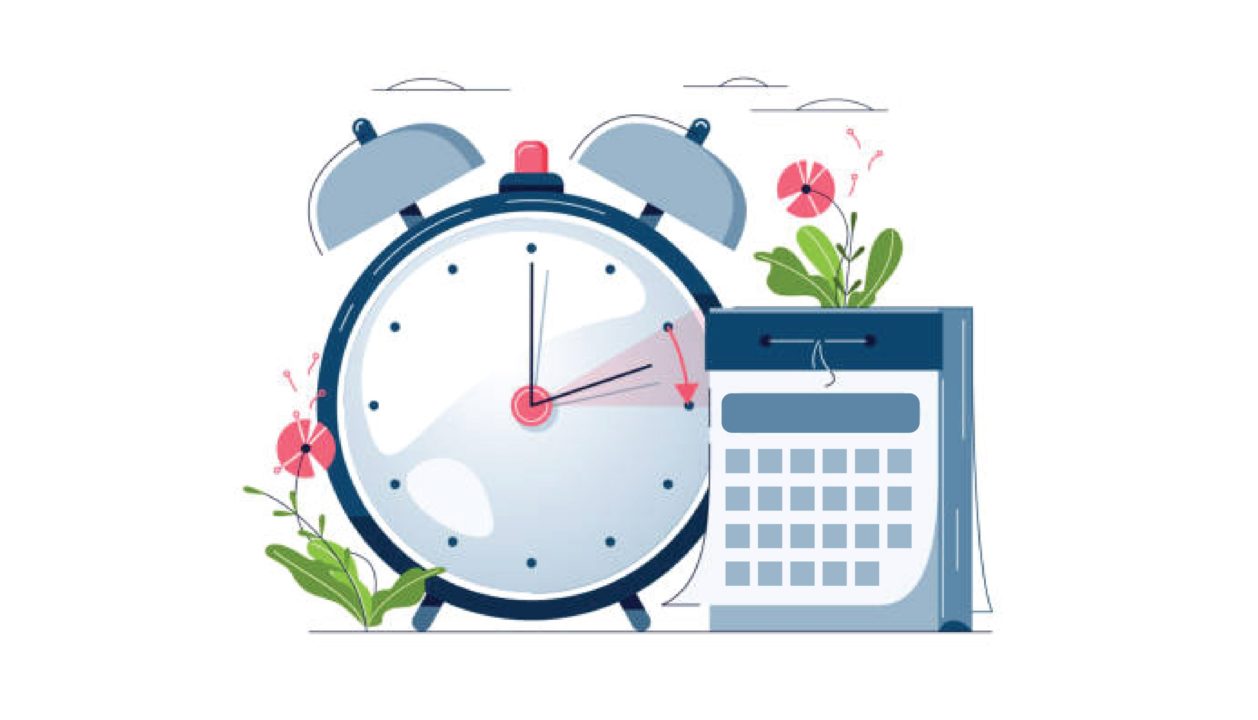
Tick tock, Time to Change Your Clock
Does changing the clock forward and back make you wake up feeling groggy and disorientated? You’re not alone.
The second Sunday in March marks the beginning of Daylight Saving Time – at 2 a.m. in most time zones across Canada, clocks are set an hour forward. And the time change can, of course, affect a person’s sleep.
“When we spring forward, it’s darker in the morning and lighter at night, essentially delaying our sleep-wake cycle,” says Cindy Stortz, Polysomnographic Technologist at Oak Valley Health’s Sleep Clinic located at Markham Stouffville Hospital. Most people are adjusted to time changes within a week, some adjust quicker and occasionally some people take longer. During the transition, people can feel sleepy, moody and performance can be impaired, explains Cindy.
Resetting Your Internal Clock
Springing forward in March and back in November can disrupt our body’s circadian rhythm, the body’s internal clock which helps to carry our essential functions and processes.
“Circadian rhythm is directly influenced by environmental factors such as exercise, social cues, temperature, and light, says Cindy. “Light being the most influential; therefore circadian rhythm is closely tied to day-night cycle.”
Cindy suggests going to bed 10 to 15 minutes earlier every night for a few nights before the time change, and waking up 10 to 15 minutes earlier the following morning.
“This way, by the time the change happens, you’ve already reset yourself.” If you have children, time changes can be particularly hard because they need more sleep than adults, and don’t tolerate sleep deprivation as well as adults do. “Preparing them for the time change by adjusting their bedtimes gradually can be beneficial,” says Cindy.
Tips, Tricks and Good Habits
Cindy shares her words of wisdom to help cope with time changes:
- Get outside early Sunday morning (the day the clocks change) to be exposed to sunlight.
- If you are really sleepy, a short 20 minute nap may help, however, ensure that it’s not too close to bedtime.
Good sleep hygiene is essential for a good night’s sleep and daytime alertness, including:
- Keeping a regular sleep schedule.
- Ensure your bedtime is seven to eight hours before you need to get up to get enough sleep.
- Make your room quiet, relaxing and keep it at a cool temperature.
- Use your bed only for sleep.
- Limit your exposure to bright light in the evening.
- Turn off electronics at least 30 minutes before bed. Being connected before bed can cause you to tense up, even without knowing it. This can cause your body to produce cortisol, which is sleep inhibiting.
- Don’t eat large meals before bed, if you’re hungry have a small snack.
- Avoid caffeine in the afternoon/evening.
- Avoid alcohol, although it can help you feel sleepy, it interferes with a good night’s sleep.
- Avoid exercise close to bedtime.
- Create a quiet and relaxing bedtime routine.
